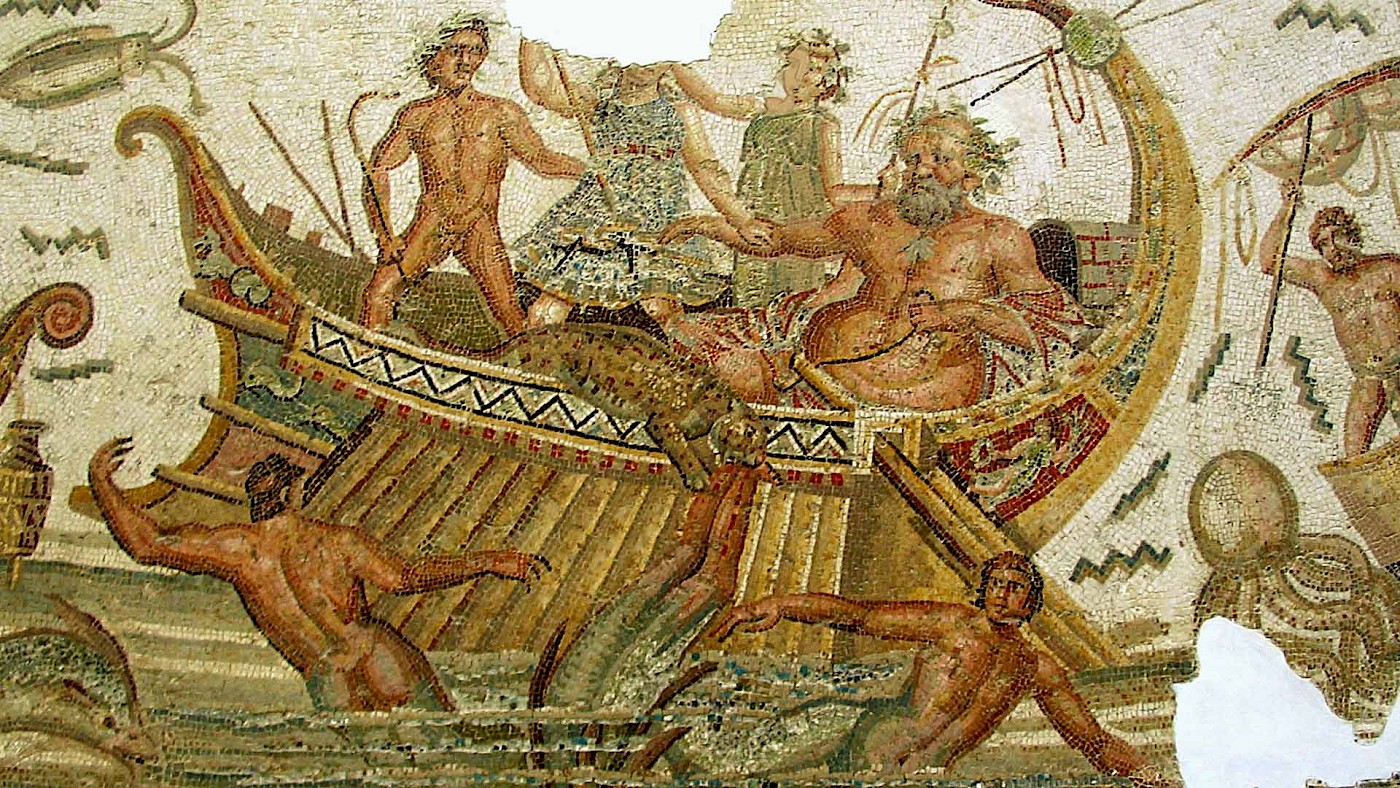The ancient Mediterranean was rife with piracy. Every major power had to deal with it at one point or another in their history. It was one of the most notable features of the globalizing Mediterranean between at least the seventh and fourth centuries BC. This was a period of intense contact, trade, and interaction between the countless city-states from Iberia to the Levant. Much of this, as is perhaps to be presumed, occurred in and around the Italian Peninsula, Sicily, and North Africa, roughly the waters of the Tyrrhenian and Libyan Seas.
Within the milieu of seaborne peoples, the Etruscans are often singled out as being prolific pirates. They sailed the seas from Italy to the Aegean, preying on ships of all nationalities. Some of their kin may have even established themselves on the Island of Lemnos. While pirates from Etruria are often noted by modern scholars, and indeed authors from the ancient world, they were certainly not the only practitioners of this ancient, nefarious, profession.
Greeks, Carthaginians, Apulians, and Romans are all mentioned in our sources as having engaged in piratical behaviour. Even city-states such as Athens, in which piracy had become an unacceptable way of life by the late-fifth century, even engaged in it during war time. Although we can identify broad groups associated with piracy quite readily, individual pirates few and far between. One that we know of, however, is a rather remarkable figure.
Dionysius the pirate originated from the town of Phocaea, an Ionian settlement in modern Turkey (Hdt. 6.11–17). His adulthood was fraught with struggle. It was the period when the Ionian cities rebelled against the Persians, who had controlled them since around 547 BC. The revolt was bloody. Amongst the tragedies was the Greek burning of Sardis, the capitol of the Persian satrapy which lorded over them.
When the Ionians gathered together a fleet, they met their Persian enemies off the coast near a town called Lade. Dionysius was in command of the Ionian contingent. The battle was a disaster, and the Hellenes were utterly defeated. In the wake of this failure, Dionysius fled and assembled a small fleet of three ships. With these, he began raiding the seas in the eastern Mediterranean.
As opportunities in the east shrunk, he was forced to seek more lucrative waters. Dionysius sailed his small navy westward, eventually coming to Sicily, where they established themselves. Immediately from this base of operations, they began preying oon Etruscan and Punic shipping in the central Mediterranean. They must have been an effective group of bandits for their leader’s name to have survived in the ancient record, as very few names of individuals have made their way down to us. This is perhaps why Ormerod described as a “true buccaneer” (H.A. Ormerod, Piracy in the Ancient World: An Essay in Mediterranean History (London 1925), p. 156).
Although there is not as much known to us as we would like about Dionysius, he is an important figure for understanding ancient piracy. He likely began life in a fairly high station, reflected by the command he was given during the Ionian Revolt. Despite this, he was unable to regain a similar position in another city. Because of these circumstances, he was led to piracy. In spite of any advantage that may have been had in native waters, Dionysius and his comrades chose to immigrate to Sicily.
He is one of the many figures from the first millennium BC who could be described as a condottiero, an adventurer who maintained himself and his comrades by preying on the wealth of others. The central Mediterranean must have been irresistible to Dionysius. It was already full of men like him. Whether pirates on the seas, or brigands on land, the lifestyle was deeply ingrained.
